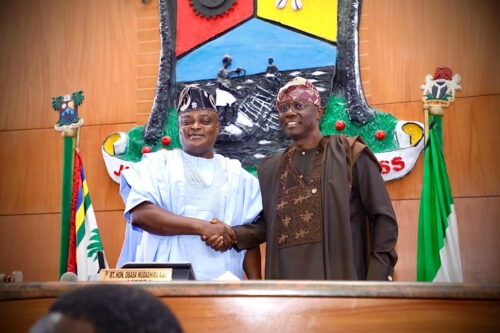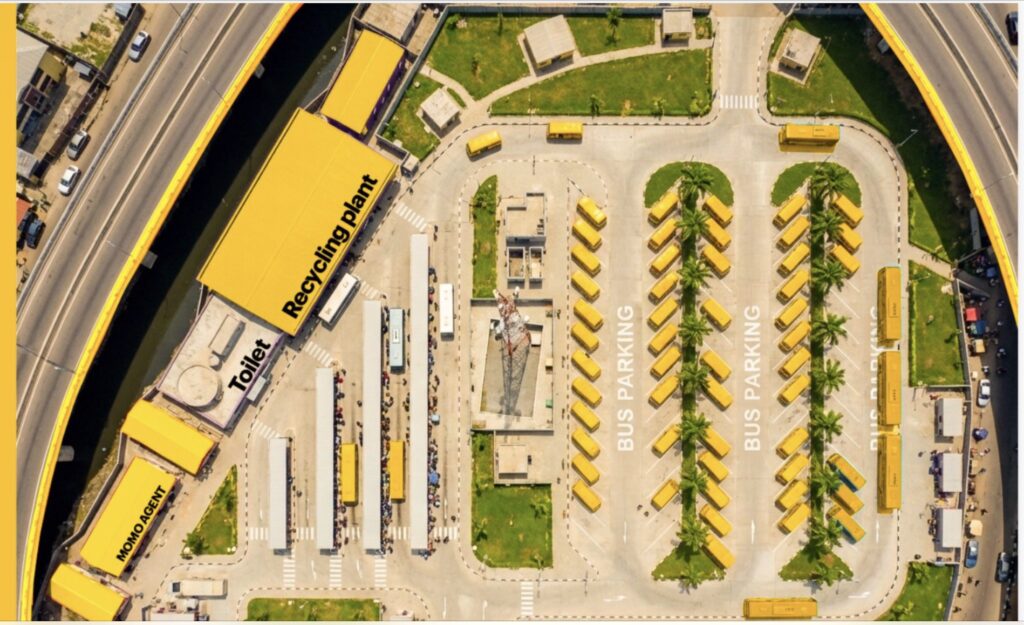The Nigerian government has declared a temporary suspension of duties, tariffs, and taxes on the importation of specific food items, including maize, husked brown rice, wheat, and cowpeas.
According to a statement released by Abubakar Kyari, the Minister of Agriculture and Food Security, on Monday, this measure is part of a comprehensive plan to address food inflation in Nigeria over the next 180 days.
This move aims to provide relief and mitigate the effects of food price increases in the country.
At a press briefing today, the Minister of Agriculture and Food Security, Senator Abubakar Kyari, said the measures will be implemented over the next 180 days:
1. A 150-Day Duty-Free Import Window for Food Commodities
a. suspension of duties, tariffs and taxes for the importation of certain food commodities (through land and sea borders)
b. These commodities include Maize, Husked Brown Rice, Wheat and Cowpeas
c. Under this arrangement, imported food commodities will be subjected to a Recommended Retail Price (RRP).
(I am aware that some good citizens might be concerned about the quality of the would-be imported food commodities as it relates to the trending worries around the genetic composition of food.) I am glad to reiterate that the Government’s position exemplifies standards that would not compromise the safety of the various food items for consumption.
2. In addition to the importation by private sector, Federal Government will import 250,000MT of Wheat and 250,000MT of Maize. The imported food commodities in their semi processed state will target supplies to the small-scale processors and millers across the country.
3. Engage relevant stakeholders to set a Guaranteed Minimum Price (GMP) and mop up surplus assorted food commodities to restock the National Strategic Food Reserve.
4. Continuous ramp-up production for the 2024/2025 farming cycle.
a. sustained support to smallholder farmers in the ongoing wet season farming through existing government initiatives.
b. strengthen and accelerate Dry Season Farming across the country.
c. embark on aggressive agricultural mechanization and development to reduce drudgery, drive down the cost of production and boost productivity.
d. collaborate with Sub-National to identify irrigable lands and increase land under cultivation.
e. work closely with the Federal Ministry of Water Resources and Sanitation, to rehabilitate and maintain irrigation facilities under river basin authorities across the federation.
f. development of a strategic engagement for youth and women across the federation for immediate greenhouse cultivation of horticultural crops such as tomatoes and pepper to increase production volume, stabilize prices, and address food shortages.
g. fast-tracking ongoing engagements with the Nigerian Military to rapidly cultivate arable lands under the Defence Farms Scheme, while encouraging other Para-Military establishments to put secured available arable lands to cultivation.
5. The Renewed Hope National Livestock Transformation Implementation Committee will be inaugurated on Tuesday, 9th July 2024 with a view to developing and implementing policies that prioritize livestock development and ensure alignment with the National Livestock Transformation Plan.
6. Enhancement of Nutrition Security through:
a. the promotion of production of fortified food commodities and
b. offer necessary support to scale up the Home Garden Initiative by the Office of The First Lady of the Federal Republic of Nigeria.
Over the next 14 days, in close collaboration with the Presidential Food Systems Coordinating Unit (PFSCU) and the Economic Management Team (EMT), we will convene with the respective Agencies to finalize the implementation frameworks.
We will ensure that information is publicly available to facilitate the participation of all relevant stakeholders across the country.
The PFSCU will manage a dashboard for Mr. President, providing him with direct visibility into these interventions and ensuring accountability.
The success of the measures aforementioned is contingent on cooperation and collaboration of all relevant MDAs and stakeholders.
As our nation confronts a critical food security challenge, let me reiterate Mr. President’s unwavering commitment to attaining food security and ensuring that no Nigerian goes to bed hungry.
To this end, I can assure all Nigerians, that my team and I, will swiftly and diligently actualize these crucial policies to ensure food security for everyone in the country in the immediate term as we also continue our strategies for long-term interventions to address the underlying causes and ensure sustainable and resilient food systems in the country.
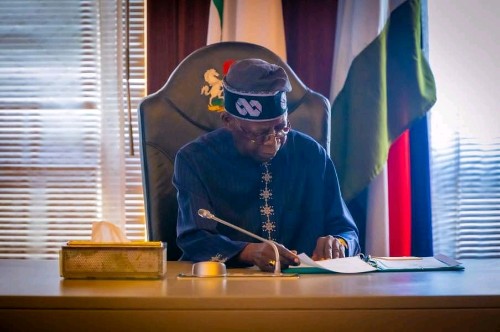

 BIG STORY1 day ago
BIG STORY1 day ago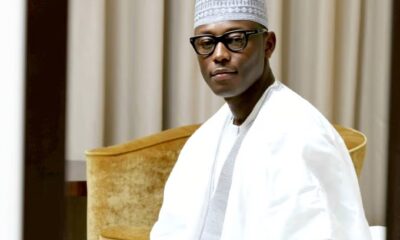
 BIG STORY1 day ago
BIG STORY1 day ago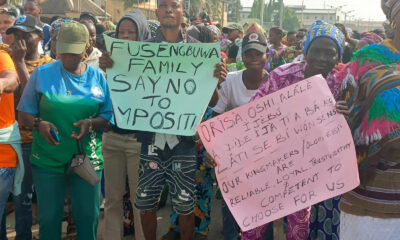
 BIG STORY5 days ago
BIG STORY5 days ago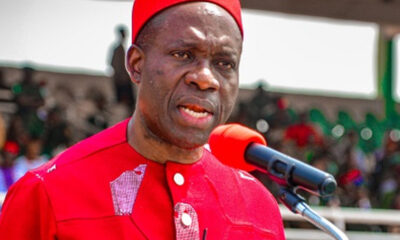
 BIG STORY1 day ago
BIG STORY1 day ago
 BIG STORY1 day ago
BIG STORY1 day ago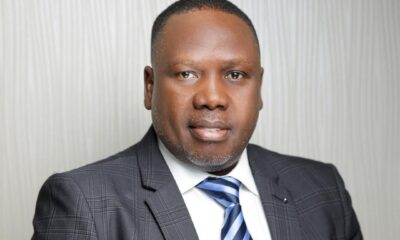
 BIG STORY5 days ago
BIG STORY5 days ago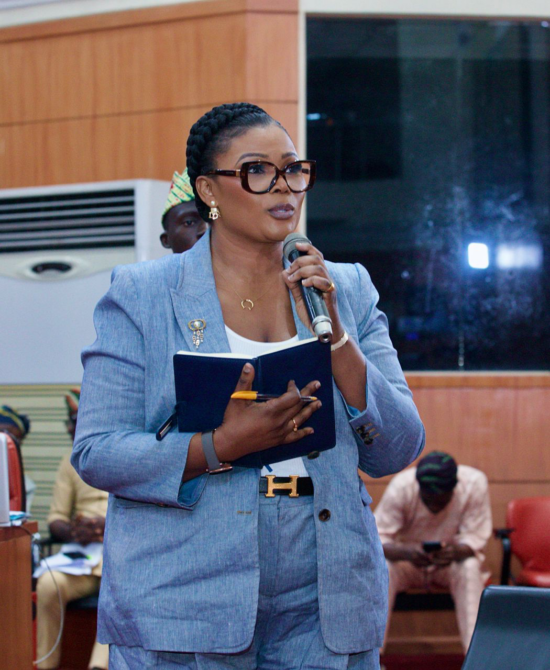
 NEWS5 days ago
NEWS5 days ago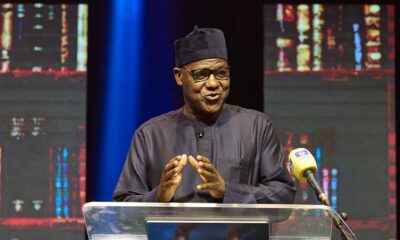
 BIG STORY1 day ago
BIG STORY1 day ago


















